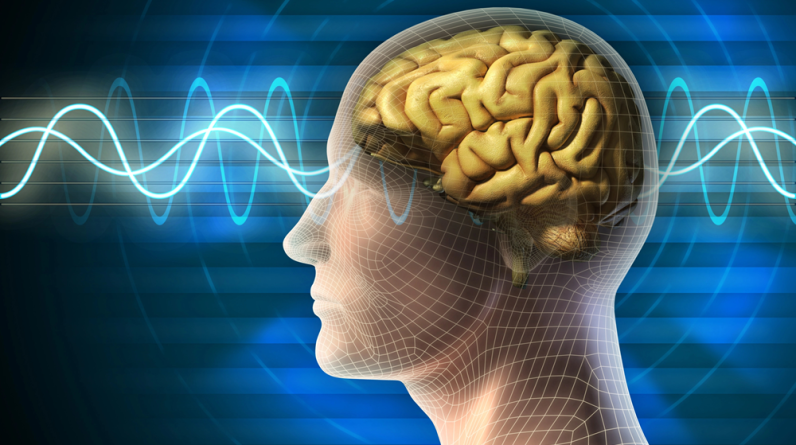
Chronic stress represents one of the most significant threats to brain health, with prolonged stress exposure leading to measurable changes in brain structure and function that can impair cognitive performance and accelerate age related decline.
The stress response system, while adaptive for short term difficulties, becomes harmful when persistently activated. Understanding how stress affects the brain is important for developing effective methods to protect cognitive function and preserve brain health throughout life.
Research demonstrates that chronic stress can shrink brain regions important for memory and executive function while enlarging areas associated with fear and emotional reactivity, creating lasting changes that affect cognitive performance.
In what follows, we’ll cover how stress affects brain structure and function, examine the mechanisms through which chronic stress damages neural tissue, and discuss evidence based approaches for managing stress to protect cognitive health.
Understanding Stress Effects on the Brain
Acute stress activates the hypothalamic pituitary adrenal (HPA) axis, leading to the release of stress hormones including cortisol. While short term cortisol elevation can enhance certain cognitive functions, chronic elevation becomes neurotoxic, particularly affecting the hippocampus, a brain region important for learning and memory formation.
Chronic stress leads to structural changes in brain architecture. The hippocampus shows reduced volume and decreased neurogenesis under chronic stress conditions. Simultaneously, the amygdala, which processes fear and emotional responses, becomes hyperactive and enlarged. These changes create a brain state that is biased toward threat detection and emotional reactivity rather than learning and cognitive flexibility.
Prefrontal cortex function, which supports executive functions including planning, decision making, and cognitive control, becomes impaired under chronic stress. This impairment affects the ability to regulate emotions, make rational decisions, and maintain focus on cognitive tasks.
Mechanisms of Stress Related Brain Changes
Cortisol affects brain function through multiple pathways. High cortisol levels interfere with glucose metabolism in brain cells, reducing the energy available for cognitive processes. Cortisol also affects neurotransmitter pathways, disrupting the balance of chemicals needed for optimal brain function.
Chronic stress promotes inflammation throughout the body and brain. Inflammatory molecules can cross the blood brain barrier and activate immune cells in the brain, leading to neuroinflammation that damages neural tissue and impairs cognitive function. This inflammatory response can persist even after stress levels decrease.
Stress affects sleep quality and duration, which compounds its negative effects on brain health. Poor sleep disrupts memory consolidation, impairs glymphatic system function, and reduces the brain’s ability to recover from daily stressors. This creates a cycle where stress impairs sleep, and poor sleep increases stress vulnerability.
Protective Stress Management Approaches
Mindfulness based stress reduction techniques have shown significant benefits for brain health. Regular meditation practice can reduce cortisol levels, decrease amygdala reactivity, and strengthen prefrontal cortex function. Even brief daily meditation sessions can produce measurable improvements in stress resilience and cognitive function.
Physical exercise serves as a powerful stress management tool while providing direct brain benefits. Regular aerobic exercise reduces cortisol levels, promotes the release of mood enhancing neurotransmitters, and stimulates the production of brain derived neurotrophic factor. Exercise also provides a healthy outlet for stress related physical tension.
Cognitive reframing techniques help individuals develop more adaptive responses to stressful situations. Learning to identify and modify negative thought patterns reduces the psychological impact of stressors and prevents the chronic activation of stress response processes. Cognitive behavioral approaches provide structured methods for developing these skills.
Final Thoughts
Stress management represents an important component of brain preservation and cognitive health maintenance. From understanding how chronic stress damages neural tissue to implementing evidence based stress reduction techniques that protect cognitive function, this knowledge provides a foundation for proactive brain care.
By developing effective stress management skills, maintaining regular stress reduction practices, and creating supportive environments that minimize chronic stressors, individuals can protect their brains from stress related damage and preserve important brain functions.








